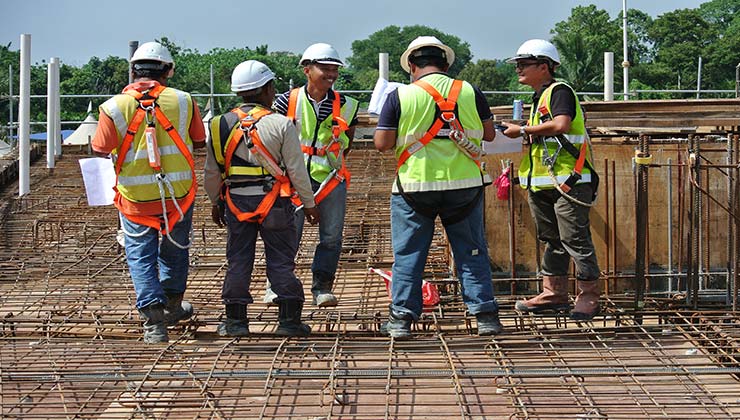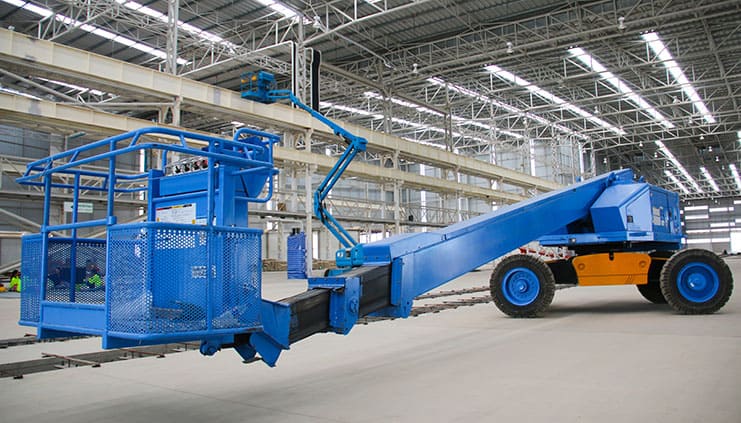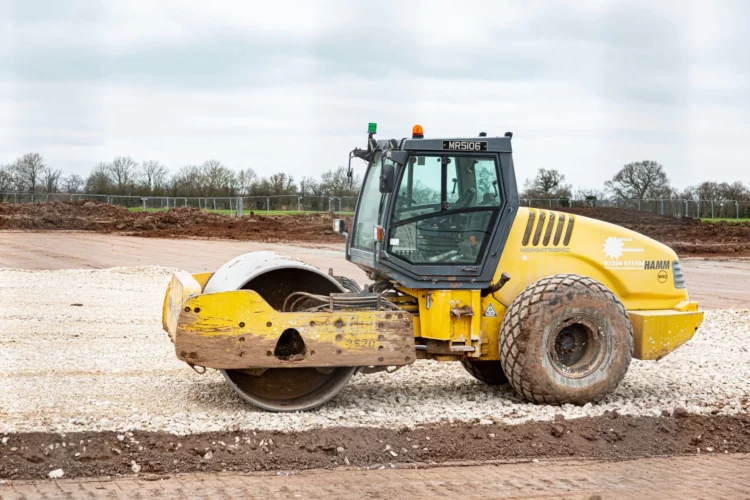A pre-construction meeting is a gathering that takes place before the start of a construction project. The purpose of the meeting is to bring together all stakeholders, including the owner, architect, general contractor, and subcontractors, to discuss the project’s goals, timelines, budgets, and any potential issues that may arise. During the pre-construction meeting, stakeholders will review and discuss the project’s plans, specifications, and schedules. They will also establish the roles and responsibilities of each team member, and identify any potential roadblocks or challenges that may arise during the project.
The pre-construction meeting is a great opportunity for stakeholders to ask questions, share ideas, and voice any concerns they may have. This helps to ensure that everyone is on the same page and that the project is completed on time and within budget. The pre-construction meeting is usually led by the general contractor or project manager and it is important to have a clear agenda and follow it, to keep the meeting focused and productive. After the meeting, the minutes or notes of the meeting should be shared with all attendees, to ensure everyone is aware of what was discussed and agreed upon.
Pre-construction meetings are a critical step in the construction project as it sets the foundation for the project’s success by establishing clear communication, understanding of the project’s scope and goals, and identifying potential issues that may arise. One of the key advantages of having a pre-construction meeting agenda is that it ensures that all stakeholders are aware of their responsibilities and expectations for the project. This is especially important for larger projects where multiple teams are involved and there are many moving parts. By outlining the roles and responsibilities of each team member, the agenda helps to prevent confusion and delays.
Another benefit of having a pre-construction meeting agenda is that it helps to identify potential issues early on. By discussing any potential roadblocks or challenges that may arise, stakeholders can work together to come up with solutions before they become major problems. This helps to keep the project on schedule and within budget. Potential issues in construction can be identified during pre-construction meetings through a variety of methods, including:
Reviewing project documents: Architects, engineers, and other project team members can review project drawings, specifications, and other documents to identify potential issues that may arise during construction.
Site inspections: Site inspections can be conducted to identify any existing conditions that may impact the construction process, such as soil conditions, drainage, and utility locations.
Risk assessments: Project teams can conduct risk assessments to identify potential hazards and develop strategies to mitigate them.
Constructability reviews: Constructability reviews involve a thorough examination of the project’s design and construction methods to identify potential issues and make recommendations for improvement.
Brainstorming and discussion: Team members can brainstorm and discuss potential issues and concerns during pre-construction meetings to identify potential problems and develop solutions.
Therefore, pre-construction meetings are an important step in identifying and addressing potential issues before they become major problems during the construction process.
In addition to these benefits, pre-construction meeting agendas also provide a clear record of what was discussed and agreed upon during the meeting. This can be useful for reference later on, particularly if any disputes or misunderstandings arise. There are several ways to effectively keep a record of meeting proceedings. Meeting minutes are a formal written record of what was discussed and decided during a meeting. They should include the date, time, attendees, agenda, and a summary of the main points discussed and decisions made. Audio or video recording of meetings can be a useful way to keep a record of proceedings. This can be especially helpful for large meetings or for those who were unable to attend.
Keep track of action items and assign them to specific individuals with clear deadlines. This can be done using a shared document or a project management tool. Send follow-up emails to attendees summarizing what was discussed and decided in the meeting, and any action items assigned. Encourage taking notes during the meeting, focusing on key points and decisions. This can be helpful for quickly reviewing the meeting proceedings later. Use a shared document like Google Docs, OneNote or other platforms to keep track of the meeting proceedings, attendees, agenda, minutes, action items and any other relevant information.
To summarize, pre-construction meeting agendas are essential for ensuring that construction projects run smoothly and efficiently. They bring all stakeholders together to discuss goals, timelines, budgets, and potential issues and help to identify and solve problems early on. By having a clear agenda and sticking to it, these meetings can ensure that everyone is on the same page and that the project is completed on time and within budget.



